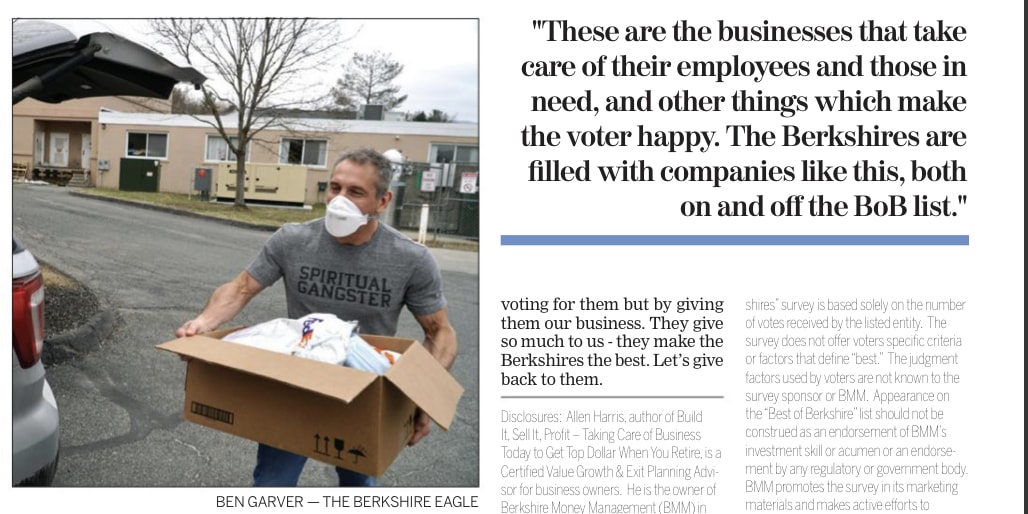Nurses do it right

Nurses save more, work more, and sock more money away than the general population. It also so happens that they love what they do. Is there a connection?
If the truth be told, I have a soft spot in my heart for nurses. Like many of my readers, I have found myself in the hospital more times than I would like over the past few years. Nurses have taken great care of me throughout my stay and afterward.
Nurses are working longer than they did back in the Seventies and Eighties. Half as many nurses today are working past the age of 62 as they did back then. Almost one in four are still working at age 69. The trend in nursing over the recent past is that fewer than one in four nurses at age 60 were planning to retire within the next five years.
This is a trend that is changing their field. On the one hand, we have seen a flood of young nursing graduates enter the profession. That number has grown by almost 75% over the last 16 years or so. Despite that growth, the demand for nurses continues to outpace supply. The “Graying of America” is as real as it gets. As a result, more older nurses are choosing to stay on. As such, the age dispersion of nurses looks like a barbell with large numbers of younger and older nurses in the field with fewer middle-aged nurses in-between.
What keeps nurses at a job, which is high-pressured, requires long, long hours on your feet, and is fraught with tension and risk? Most of them will tell you they love what they do. I see it first hand, because a lot of my clients are nurses. They may complain about their jobs, but none of them take time off, or miss a day away from their patients unless they are so sick they can’t get out of bed.
It’s not all about job satisfaction, however. Given the state of medicine and health care in this country, there is a lot of stress on the job. Hospitals are making do with less and that includes the number of patients per nurse. This has become a safety issue in many states.
Massachusetts, for example, is asking voters on November 6 if the state should legislate a safety ratio, since the state’s hospitals refuse to do so. Those against the measure claim it will cost jobs and force some hospitals into bankruptcy. That may be so, but there is no data to support those claims. On the other hand, a higher number of nurses per patient does save lives. As one of those patients, I am all for saving lives, since mine may be one of them.
Financial considerations and mobility may also keep nurses working longer. Aside from the fact that nursing is one of the higher paid professions out there, a nurse can also change jobs, locales and departments easily. As a nurse, you may be tired of snowy winters in the Northeast. If so, a job opening in Florida, or maybe Hilton Head, may be not that difficult to obtain.
There are some nurses who are driven to keep working by limited savings, or the expectation of higher health care costs in older age if they retire. Many have spouses who have retired and depend on their health care insurance to make ends meet. Taking care of adult children, or aging parents may also be a financial burden that keeps a nurse on the job.
As the eligibility age for full Social Security benefits continues to increase, retirement becomes a moving target for many. Because of the supply/demand imbalance in the nursing profession, older nurses can opt, in some cases, to semi-retire. They can choose the hours they work and still retain many of their fringe benefits, including health insurance.
All-in-all, I can commiserate with the tough job most nurses face and at the same time, I am eternally grateful that they love their jobs as much as they do. It is my hope that this trend will continue be my friend since I am scheduled for a hernia operation at the end of the month.
Bill Schmick is registered as an investment advisor representative of Onota Partners, Inc., in the Berkshires. Bill’s forecasts and opinions are purely his own and do not necessarily represent the views of Onota Partners, Inc. (OPI). None of his commentary is or should be considered investment advice. Anyone seeking individualized investment advice should contact a qualified investment adviser. None of the information presented in this article is intended to be and should not be construed as an endorsement of OPI, Inc. or a solicitation to become a client of OPI.
Any mention of specific securities or investments is for illustrative purposes only. Adviser’s clients may or may not hold the securities discussed in their portfolios. Adviser makes no representations that any of the securities discussed have been or will be profitable.
The reader should not assume that any strategies, or specific investments discussed are employed, bought, sold or held by OPI.
Direct your inquiries to Bill at 1-413-347-2401 or e-mail him at [email protected].





